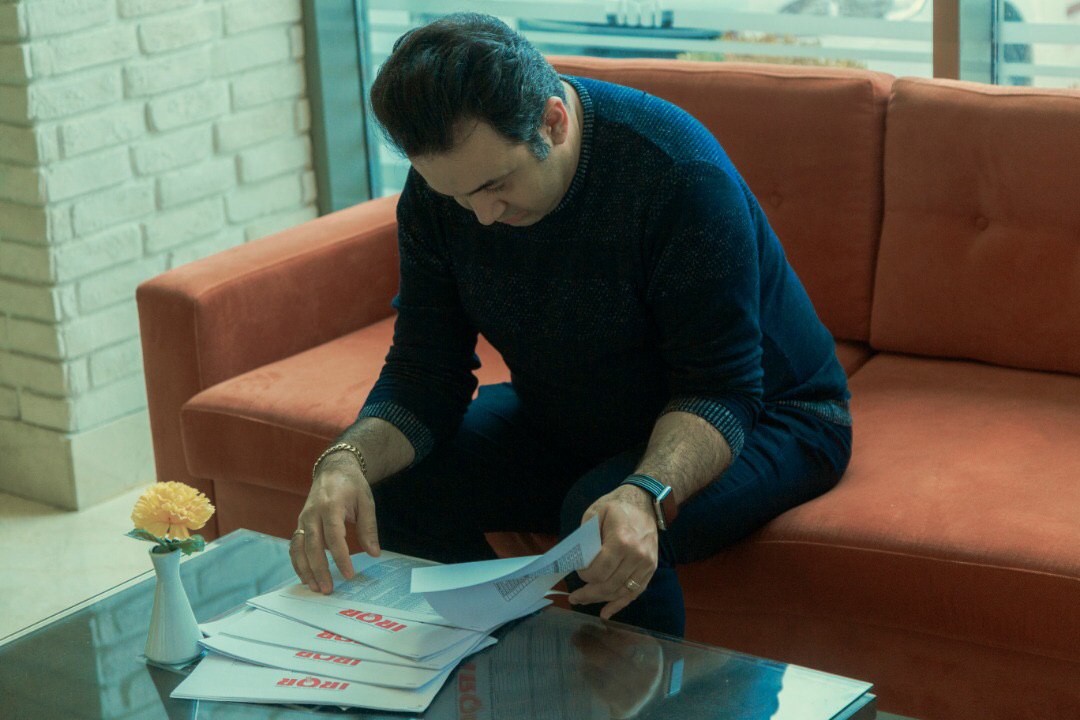
Dear Friends,
Like you, I also passionately believe that LGBT+ activists around the world must work together in order to ensure that our common objectives are met, maintained, and respected. I also agree that malicious defamation of an activist is not conducive to greater inclusivity, nor is this in line with the values of IRQR. This is also not in line with my personal values, and stands in stark contrast to all of the work I have dedicated my life to.
I must say that I am at peace with the outcome of the court and grateful that it ended the way it did. I say this because throughout the trial, as well as during the years preceding the trial, I was placed in a very difficult position. In order to defend myself, I was continually asked to disclose the names of LGBT+ individuals who reside in Iran and may have had some connection with Justice4LGBT, the defamatory website. Therefore, I was forced to choose between two values I hold dear—the belief that no one should be maliciously and anonymously attacked like Ms. Amin was, and the belief that the life, dignity, and safety of LGBT+ individuals who reside in Iran is important and must be protected.
Ultimately the second of the two values persevered. The treatment of LGBT+ individuals in Iran does not need further explanation at this time. As such, I made the decision to protect the lives of these individuals in Iran because I knew that to publically disclose their identities would potentially compromise their safety, and perhaps even their lives. While I knew that not disclosing these names in order to exonerate myself was likely to result in the very decision you have before you, this decision was an easy one for me. The damages I have been ordered to pay are, ironically, a small price to pay for the safety of these LGBT+ individuals in Iran.
In addition, the judgment should not be confused as conclusive proof that I am behind the defamatory website.
In Canada, civil actions such as this one are decided on a “balance of probabilities.” This is a lower standard of proof than the one most people are familiar with and which is found in criminal law—that of “beyond a reasonable doubt.” A finding of guilt based on the “beyond a reasonable doubt” standard means that a judge or jury is 99% certain that the defendant committed the act they are accused of. However, in a civil trial a party may prevail if they show that something is possible to have occurred. That is, the “balance of probabilities” standard requires a party to show that there is a probability of over 50% that something may have occurred.
While the Judge believes that I am likely responsible for the defamatory website, this is not proof of my responsibility and in no way provides any certainty or proof that I was responsible for the defamatory website.
Indeed, I maintain that I have had no involvement with the defamatory website, and this ruling does not change that. If the “beyond a reasonable doubt” standard had been applied in this case, the outcome certainly would not have been the same.
Regards,
Arsham Parsi
info@arshamparsi.net
+1-416-985-7456

